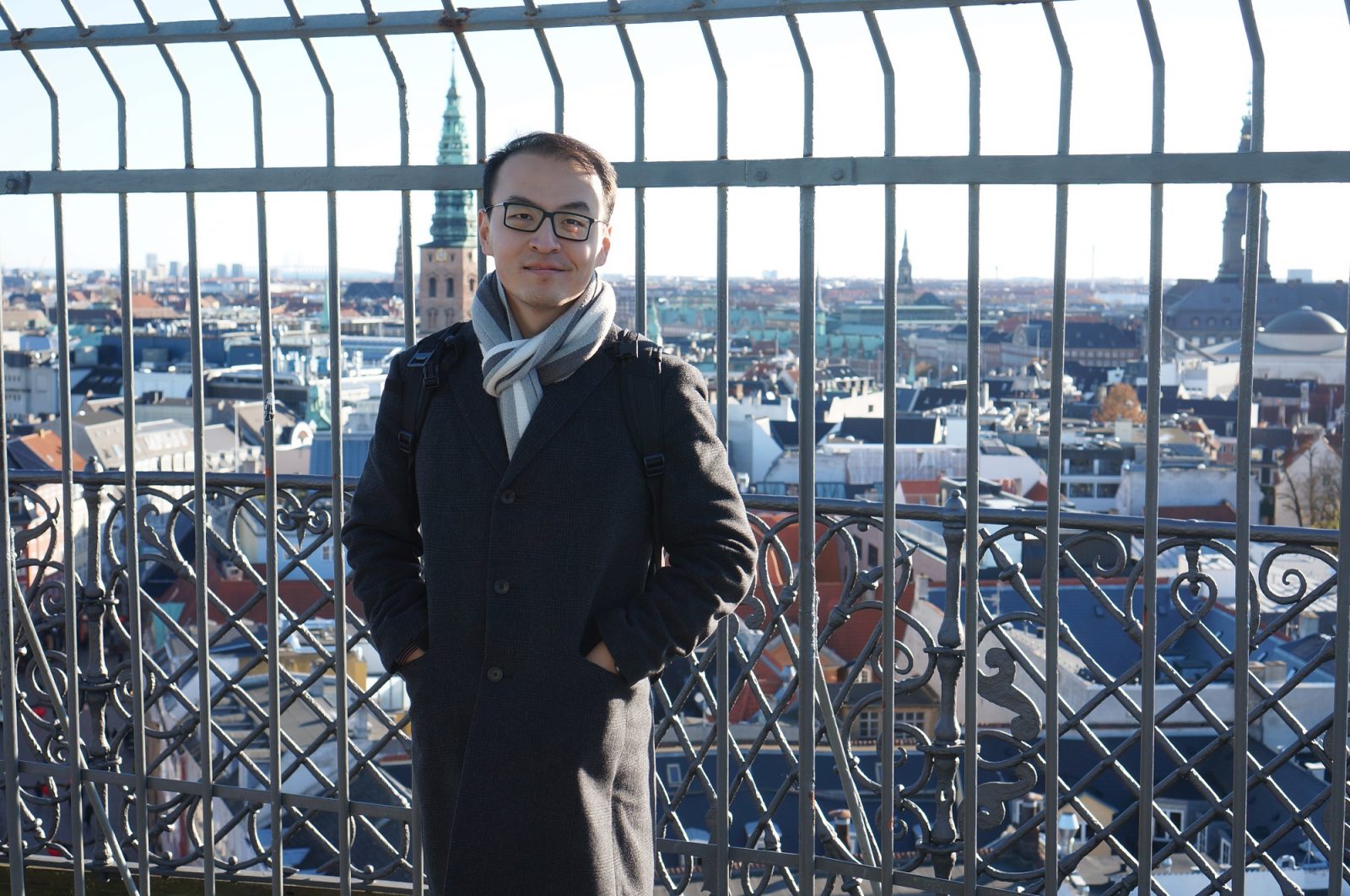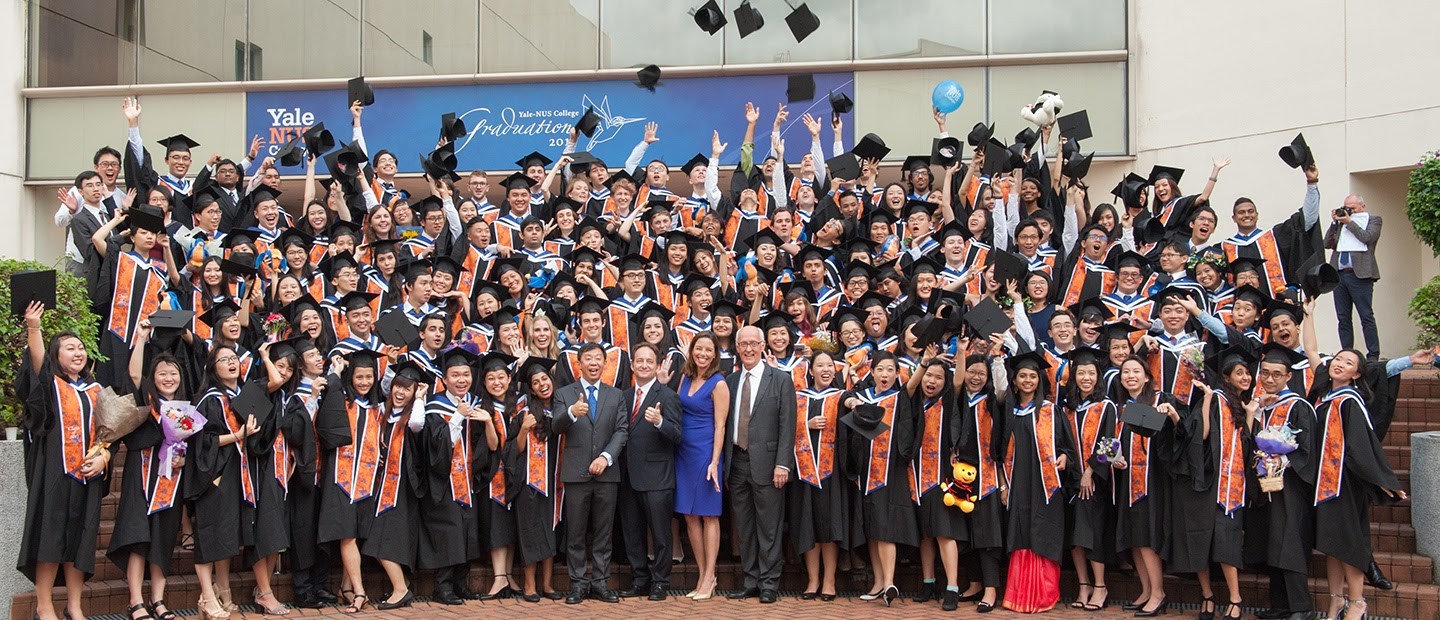
Yihao is a researcher for Data-Driven Yale. He’s a recent graduate from Yale-NUS College, where he majored in environmental studies with a specialization in public health and environment. His academic interests include urban environmental sustainability, environmental justice and food systems. He is excited to join Data-Driven Yale’s talented group of researchers and collaborate on projects with them, where he can learn more quantitative as well as qualitative research skills. Yihao is enrolling in the Yale School of Forestry and Environmental Studies in 2018 to pursue his Master of Environmental Management Degree.
Welcome to Data-Driven Yale! Can you tell us a bit about the projects you are working on and what you are most excited about?
Hello everyone! I’ve been with Data-Driven Yale for a few months now, since this past July. I have been working a diverse set of projects, including the 2017 1 Gigaton Coalition Report, where I contributed writing and data analysis; the Urban Environment and Social Inclusion Index currently under development, where I am compiling equity and climate data; and the Global Climate Action analysis, a whole-team effort to understand climate actions pledged by cities, states, businesses, investors, and civil society.
The content and the techniques required for the projects are quite diverse, and they have allowed me to learn and apply new skills along the way. I’ve been able to advance my data cleaning and analysis skills, and improve my communication skills. Working with team members and partners around the world, I have honed my ability to work effectively through emails and video conference calls.
I’m most excited about how relevant all the projects are! It is a very fulfilling feeling to know that what I’ve been researching, studying, and contributing to the projects can have concrete impact to the policy making processes.
You recently graduated from Yale-NUS College – could you tell us more about Yale-NUS and your curriculum? How did you decide to major in environmental studies and how has the collaboration between Yale-NUS and Yale helped you decide what academic interests to pursue?
Yale-NUS has a common curriculum, consisting of modules that every student has to take. It gives you a broad base in humanities, natural sciences, and social sciences, without a narrow focus on one particular subject. The diversity of classes in the common curriculum prompted me to think about problems from a more creative angle. It helped me to integrate both qualitative and quantitative thinking, which I find critical for anyone doing environmental work.
In regard to my decision to major in Environmental Studies – I took some really great classes in my freshman and sophomore years in environmental studies. I found it a very interesting topic with many real life implications. The more classes I took, the more I realized that the nature of the discipline allows for intellectual freedom and for one to pursue a subset of issues or problems in the field. It’s also a great fit for my personal way of thinking, skills, and interests.
I went to Yale for an exchange semester in my junior year, where I took courses at the Yale School of Forestry & Environmental Studies and Yale College. At that point, I really had a clear sense of what I’d like to do for the rest of my college career. Yale was reaffirming experience for me – I learned that there were great resources to support my interests and what I had envisioned could and should be pursued.

Yihao and his classmates at the graduation ceremony. Spot him!
Can you tell us more about your senior capstone project? Why did you find issues at the intersection of environmental health and urban sustainability so interesting?
I built a statistical model to predict mosquito abundance in Singapore’s residential areas. It was a challenging project but I was fortunate to have a great advisor. Having spent my whole life living in cities, I have always been interested in issues at the intersection of environmental health and urban sustainability. I believe that addressing issues with health co-benefits are among the most effective ways to convey the importance of environmental topics to the public. I combined both qualitative and quantitative methods to design the methodology, as I was hoping to practice and improve both sets of these skills.
This November in Bonn, Germany, representatives from countries all over the world attended the 23rd Conference of the Parties (COP23) under the UN Framework Convention on Climate Change (UNFCCC). You were also there with Data-Driven Yale. Was it your first time attending an international conference? What did you learn and what was most interesting and inspiring to you?
The COP23 conference, which brings countries together to prevent dangerous anthropogenic interference with the climate system, was the first international conference that I attended. As it’s one of the most important conferences for climate action negotiation, I was overwhelmed by the sheer scale and the number of side events and press conferences. I gained a clearer sense of the immense scale of the problem from being at the conference with over 190 negotiating countries and representatives from diverse sectors.
The solutions to climate change will have to come from a diverse range of strategies, including climate finance, technology for mitigation and adaptation, and better communication with policymakers and the public. It was particularly inspiring to see so many young people who were passionate about environmental issues. Seeing our own generation speaking up, taking actions, and empowering ourselves to make our opinions matter more in political discourses and translating our voices into concrete actions was very encouraging.

“What’s that R function again?”
Data-Driven Yale is your first job out of college. How is it similar or different than being a student? What is like for you to do the most current research on a pressing topic?
It’s a great opportunity to expose myself to policy research at Data-Driven Yale that can really guide and inform the public and influence policymakers’ design of approaches that affect large population and regions.
Working at Data-Driven Yale is similar to being a student. But being here means that there’s a lot more at stake. Now I’m accountable to more stakeholders, such as our clients, my team members, our audience, which means more responsibilities. I find the jump from writing a paper for the class to publishing our work in well known journals very thrilling. I also appreciate our whole team’s support and dedication to produce work of the best quality.

Recent Comments